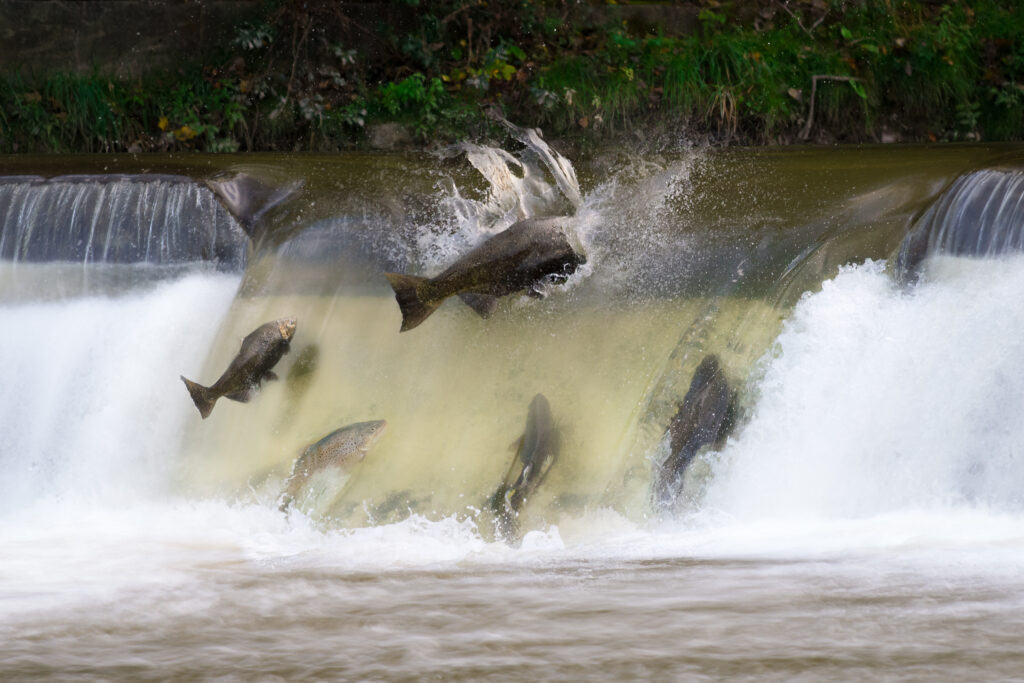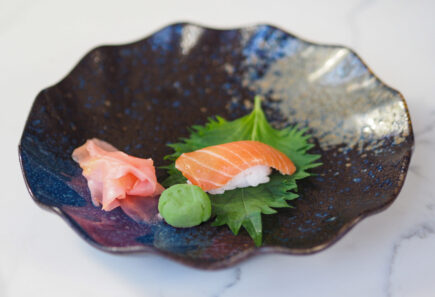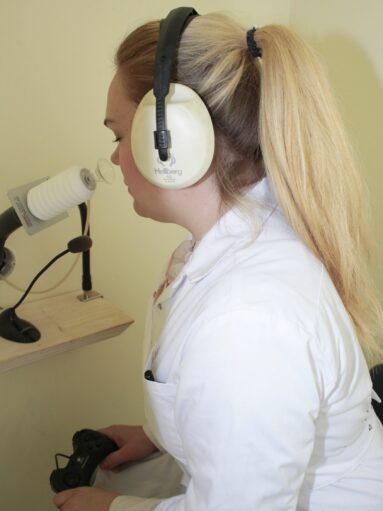Researchers recreate scent of salmon from plants to deliver more sustainable seafood
21 November 2022
Researchers are aiming to recreate the unique aroma of salmon using plants to support the development of delicious and sustainable alternative seafood products.

Researchers are aiming to recreate the unique aroma of salmon using plants to support the development of delicious and sustainable alternative seafood products.
The work, led by Dr Sirli Rosenvald from Estonia’s Center of Food and Fermentation Technologies (TFTAK), could help to address Europe’s dependence on imported seafood and meet growing demand without harming marine ecosystems.
Her team will take samples of salmon and unpick the fish’s complex scent ‘molecule by molecule’.
They will then identify which of these chemicals are associated with the distinctive aroma, before creating a series of scent profiles – working with a panel of sensory experts who will decide which most closely resembles the mouth-watering smell of salmon hitting the pan.

As these molecules can be produced from naturally occurring fatty acids, the team will use this information to recreate the aroma using oils extracted from plants, algae and microbes.
The end result will be an ingredient that food producers can add to plant-based or cultivated fish, making these sustainable options smell and taste more authentic.
The findings will also be made available to startups and established food companies – many of which already use these fatty acids – providing insights into how they can produce similar aromas.
Dr Sirli Rosenvald, Head of Protein Research, Sensomics and Meat Alternative Development at TFTAK, said: “We’re going to work through the hundreds of molecules that make up the aroma, and hope to break this down to the 10 or 20 that are most crucial to the smell of salmon, which is closely linked to the taste and whole dining experience.

“A lot of the alternative seafood products currently on the market need improving. If we want to create more sustainable seafood, we have to make products that taste and smell like the products people are familiar with.”
Europe imports three times more seafood than it produces, and nearly half of EU marine habitats are now assessed as endangered or near threatened, mainly due to pollution, fishing and aquaculture. Global demand for seafood is expected to increase by 5% over this decade and aquaculture is only expected to keep pace in 17 countries, with 800 million people at risk of malnutrition if the local catch continues to decline.
Plant-based and cultivated seafood can help satisfy growing demand – but manufacturers often struggle to mimic the flavours of conventional seafood.
The Good Food Institute (GFI), an international NGO working to advance new ways of making meat, seafood and dairy, invited researchers to find ways of overcoming this challenge in its 2022 Competitive Grants programme.
Dr Rosenvalt was one of eight European scientists and 21 from around the world who received funding from the programme, which supports innovative open-access research to develop sustainable proteins.
With very little public funding dedicated to sustainable protein research and development, GFI set up the programme with the support of philanthropic donors to help fill the funding gap.
Seren Kell, Science and Technology Manager at the Good Food Institute Europe, said: “Consumers around the world are seeking out more sustainable options, but they don’t want to compromise on taste. This fascinating project will help deliver the familiar salmon flavour and aroma people crave, without causing more damage to our fragile marine ecosystems.
“Industrial fishing and aquaculture deplete species, pollute ecosystems and destroy important habitats. Plant-based and cultivated seafood can help turn the tide, enabling us to meet growing demand without harming our oceans – but we urgently need companies and governments to invest in innovative research to make these products more appealing.”
